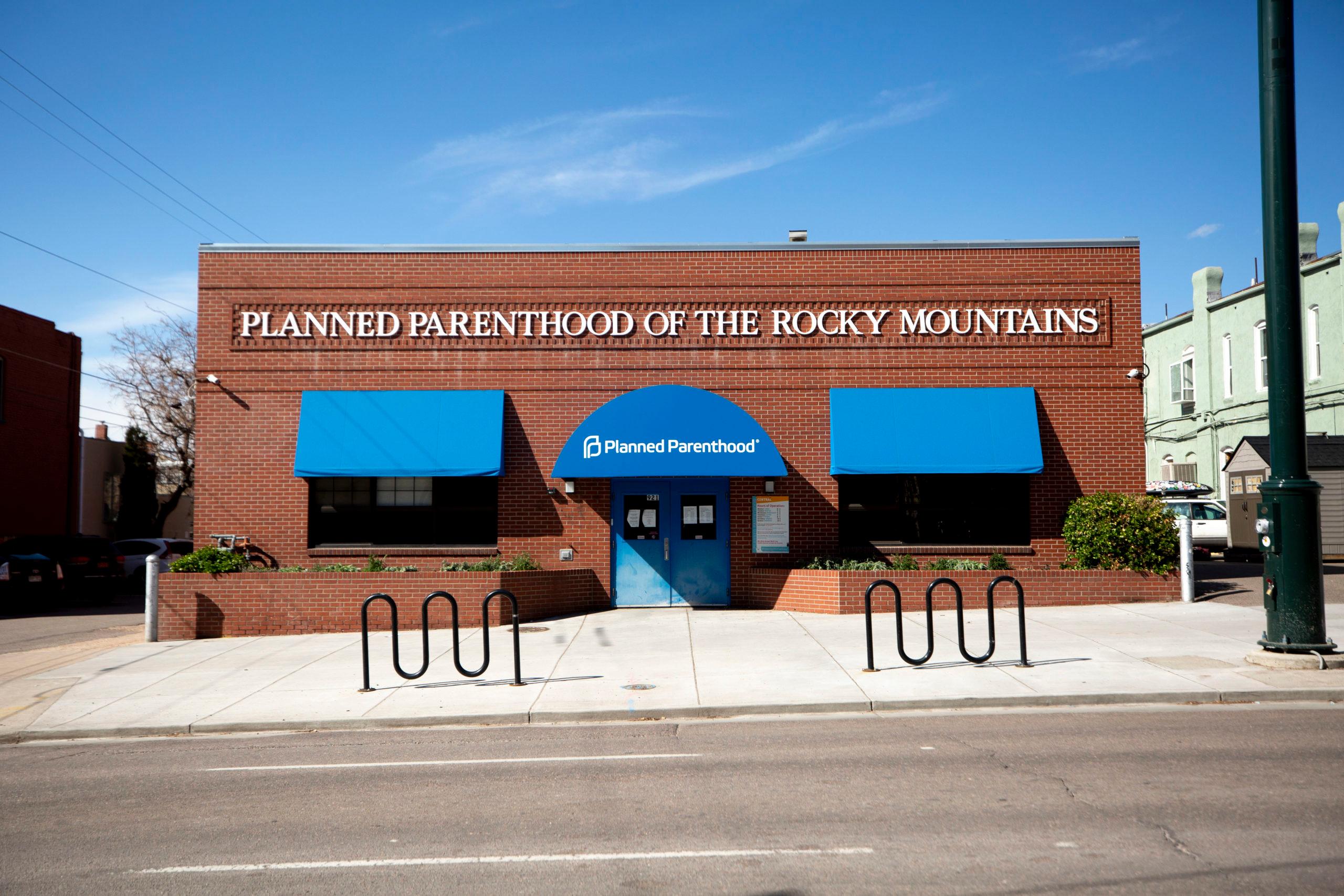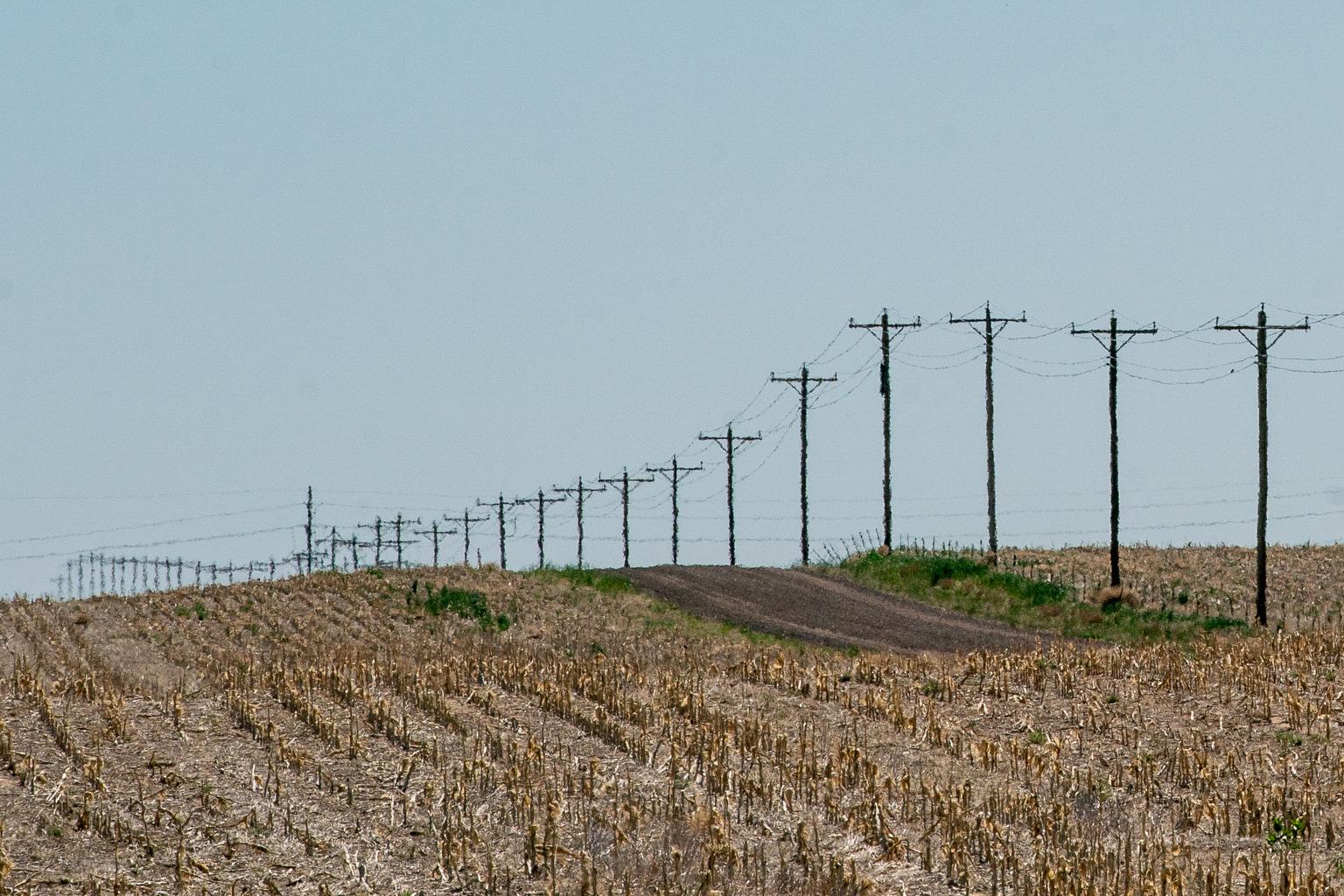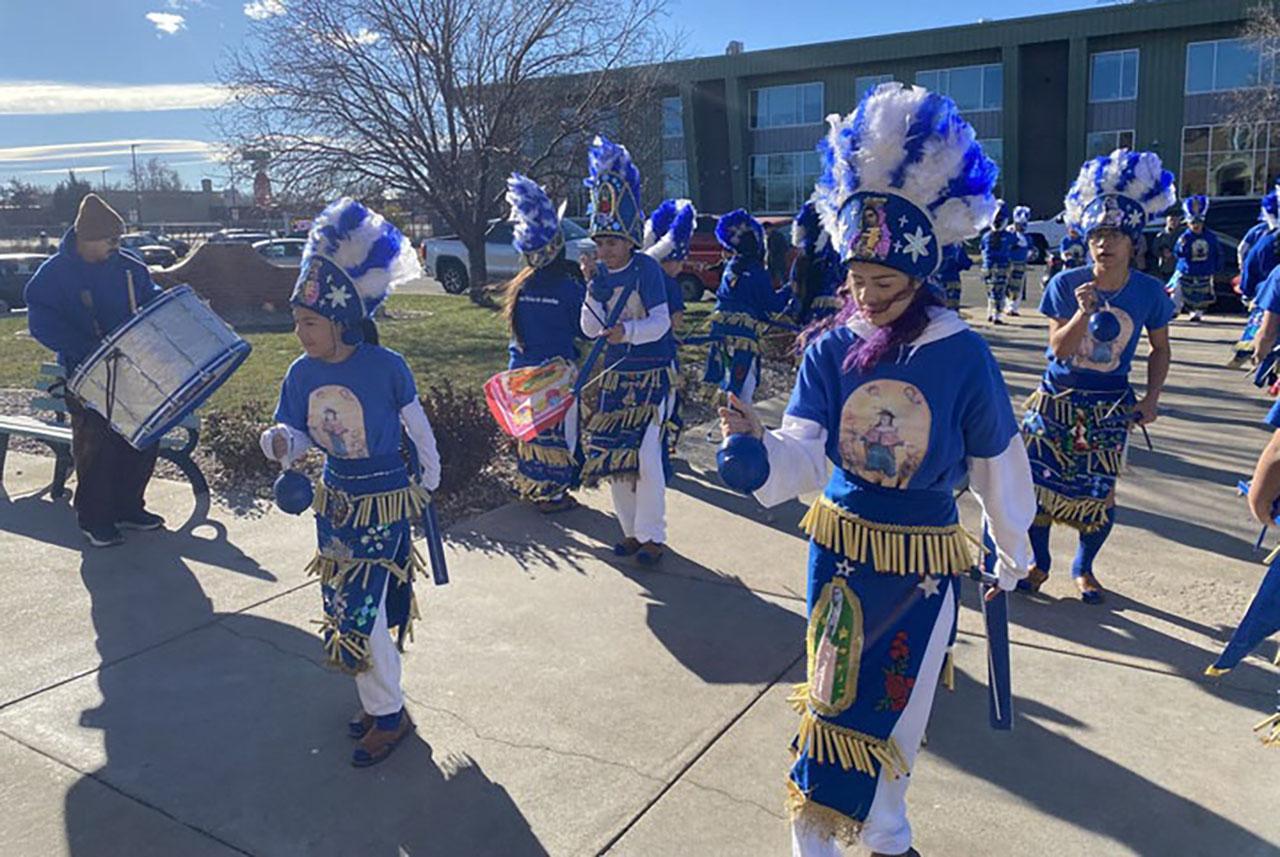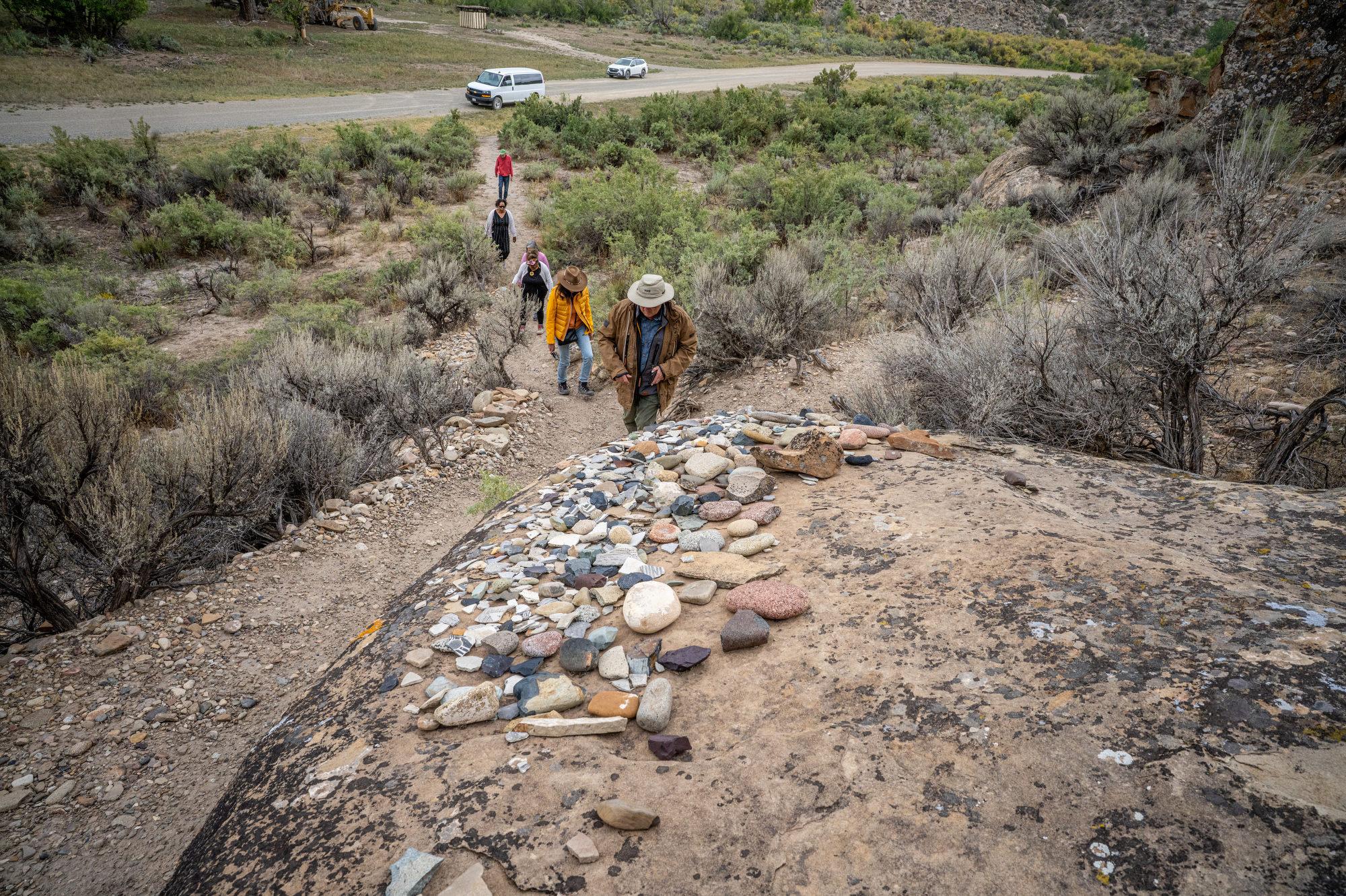
In mid-March, Texas Gov. Greg Abbott issued an executive stay-at-home order. In it, he included abortion clinics among the list of nonessential surgeries and procedures to be delayed during COVID-19.
Abbott said the delay on performing abortions was to protect the supply of personal protective equipment, which are in short supply across the country.
Abortion advocates called the decision an excuse to further restrict access to abortion in the state. Planned Parenthood said Abbott was continuing to “exploit a pandemic in order to score political points.”
Since then, Colorado has been picking up the slack. Providers have seen an increase in patients from states like Texas.
“Obviously we didn't expect that this pandemic was going to come and amplify anti-abortion efforts,” said Dr. Angela Marchin, an abortion provider who works at multiple clinics. "But it has become an unconscionable effort to decrease access to abortion in certain states.”
One woman who spoke to CPR News who wished to remain anonymous had an appointment scheduled in Waco for two days after the order went into effect. It was canceled.
“I’ve had this appointment for two weeks. We've known about coronavirus since the beginning of March. So, why couldn't you all kind of figured this out earlier?” she said. “It was a little frustrating, but overall it was just one of those things where I'm like, 'Okay, just pick up and keep going, keep moving, try to figure out a different solution.'”
After her appointment was canceled, she called clinics in Austin, but they had the same restrictions under the executive order. She started to look at neighboring states — New Mexico, Oklahoma, Nevada, Louisiana. But those clinics either had long wait times or restrictions of their own.
The woman is a registered behavior technician in Waco, Texas and works with children with autism. The company she works for requires a two-week unpaid quarantine period following any out-of-state travel.
She decided to make an appointment in Colorado.
“If you're not ready for a child, go have an abortion," she said. "I don't think it's anybody's right to tell me or to tell any other woman in this world what to do with our bodies."
Planned Parenthood of the Rocky Mountains said in any given year, about 10 percent of its patients are from out of state. Colorado has maintained access to abortion services during the pandemic.
“We had some patients this week who traveled as far as 15 hours by car to get an available appointment at one of our Planned Parenthood of the Rocky Mountains centers to obtain a medication abortion,” said Dr. Kristina Tocce, vice president and medical director of PPRM.
“Medication abortion is typically a very straight forward process," Tocce said. "The fact that that individual had to go through so much to obtain something that is typically a very straightforward process. It was just heart wrenching.”
Tocce said traveling is a huge burden for women seeking an abortion. They must organize their work schedules or take time off, coordinate child care and buy plane tickets, lodging and food.
The procedure itself is not covered by insurance in Colorado, so women also have to come up with $500 for the medication abortion which is offered up to 10 weeks of pregnancy.
For a surgical abortion, the cost varies depending on a few factors including gestation time and sedation, but can fall between $400-2,000.
“During the pandemic period it makes the whole experience even more nerve wracking,” Tocce said. “People have to go through so much more than the actual drive time."
That’s where the Cobalt Abortion Fund comes in. Amanda Carlson, director of the Fund said they receive donations that go straight to patients in need of financial help. The Fund works with nonprofits in other states to help women get plane tickets, lodging and meals while they travel.
“I think these are just really troubling times,” Carlson said. “My hope is that we're able to maybe educate folks in Colorado and instill that this is still a time sensitive urgent issue that has many layers and many barriers for a lot of folks. I think Coloradans get it. Colorado has proven itself to be a pro choice state in a lot of ways.”
In April, Cobalt will do an online fundraising push. Carlson hopes that she’s able to raise enough money to meet the needs of those traveling from out of state, but also to aid patients in Colorado who will continue to need care during the pandemic.
“With everything going on this care still needs to be accessed, and now people are facing more barriers than they were before — if we even thought that was possible, because there's already so many barriers to abortion that do not need to exist,” she said.
On top of travel, measures to protect patients and medical staff during the pandemic has changed the way medical offices, like abortion clinics, operate.
Clinics have started screening patients over the phone. Some have had to schedule fewer patients per day to ensure that social distancing can be maintained in the office, and clinics have had to screen for COVID-19 symptoms.
“We have unfortunately had to turn away a few patients because they have these vague symptoms of COVID-19,” Marchin said. “Last week I was notified that there was a patient who had driven to our clinic from Wyoming. She had driven at least four hours to see us and she had to be sent away because she had a cough.”
Marchin said that typically, clinics can schedule multiple patients at any given time because there are multiple examining rooms and providers who can consult with patients. But that’s changed with the pandemic. They’ve had to schedule fewer patients a day, despite what Marchin called an increase in need from out of state.
“It's very difficult because we want to provide the service. We understand the obstacles that women face and politicians currently are not making it any easier for them,” Marchin said. “But that's the unfortunate situation that we're in.”
The woman CPR News spoke to went to an abortion clinic in Fort Collins. Her husband waited in the car for her during the appointment, because only the patient is permitted in the clinic due to COVID-19 safety measures.
She was nervous, but she was confident in her decision. She opted for a surgical abortion even though she was 9-weeks pregnant. She had read that the abortion pill can result in cramping and bleeding for multiple days. She wanted to be sure she could return to work on Monday.
“I've been so worried in the past month of getting an appointment. Making it on time or scheduling a flight to go do this — making sure I have insurance — making sure I have kind of everything,” she said. “It just kinda seems like, okay, now I can actually put my focus onto something else.”








